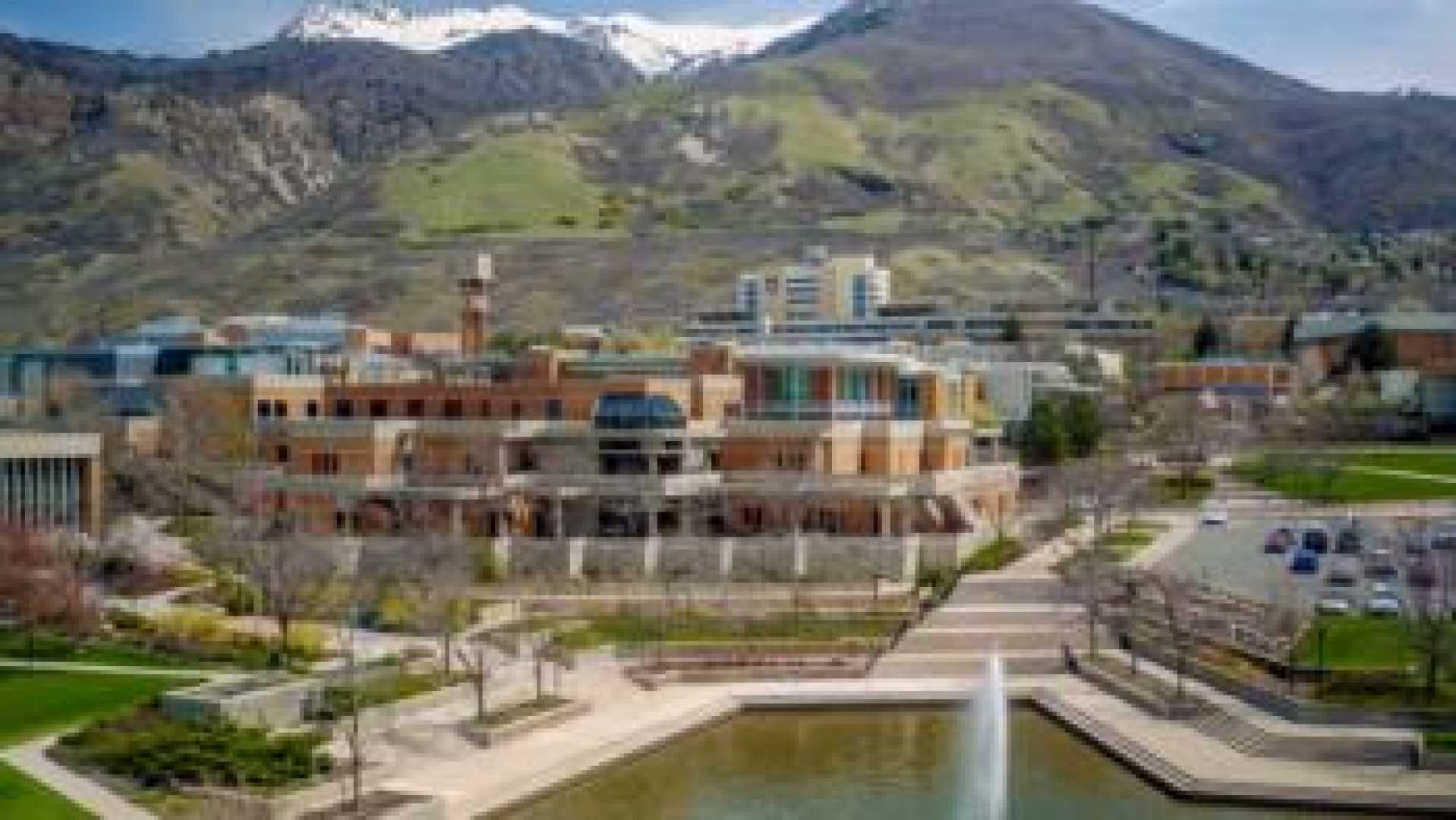Education
Concerns Grow Over College Education Value Amid Economic Changes

OGDEN, Utah — Students at Weber State University are increasingly questioning the value of a college education. A 2024 Pew survey reveals that only 22% of Americans believe a four-year degree is crucial for securing a good job. This marks a significant decline in the perceived importance of higher education, as noted by a 2025 Gallup poll that indicated record-low confidence in the value of college.
Faculty at Weber State find themselves grappling with these concerns. Gavin Roberts, an associate professor of economics, reflects on the implications of stagnant wages for college graduates and the rise of artificial intelligence in the workforce. “In this world, what am I doing as a college educator?” Roberts questions, echoing the uncertainty many feel in rapidly changing economic conditions.
As students face an economy that seems to leave many behind, the difference between college-educated workers and those with only a high school diploma becomes more pronounced. College graduates are experiencing higher earnings and lower unemployment rates, a trend that tends to widen during economic downturns.
Roberts highlights a consistent trend: individuals with higher education have better job prospects. “People with more education consistently face lower unemployment and enjoy higher earnings,” he explains. Over time, these advantages endure, especially in tough economic times, when adaptability and critical thinking become increasingly valuable.
Beyond job security, Roberts asserts that the essence of college education is not solely economic; it also encompasses personal growth and critical thinking skills. He cites David Foster Wallace’s famous commencement speech, which emphasizes that college should teach students what to pay attention to in a noisy society.
As discussions in his classroom evolve, students begin to connect theories of economics with real-world situations, like housing affordability and healthcare. These moments are pivotal, as students realize they can interpret and analyze economic patterns affecting their lives.
“They’re not memorizing formulas. They’re learning how to navigate a world that refuses to stand still,” Roberts notes. This understanding fosters agency, equipping students to make informed decisions in a complex economy.
Roberts envisions that while some graduates may ascend to high-profile careers, many will contribute locally, shaping communities and future generations. “Wherever they go, they’ll carry an ability to read the economic landscape instead of being at its mercy,” he asserts.
Although education doesn’t guarantee financial comfort, it may provide a pathway to greater economic stability and the opportunity to gain agency in one’s life. “Understanding becomes the difference between drifting through life and directing it,” Roberts concludes.












